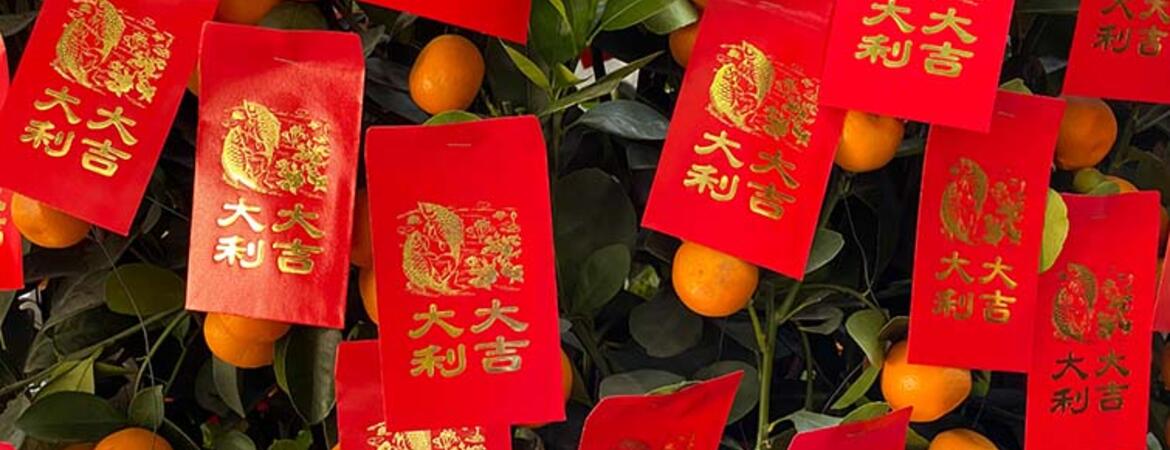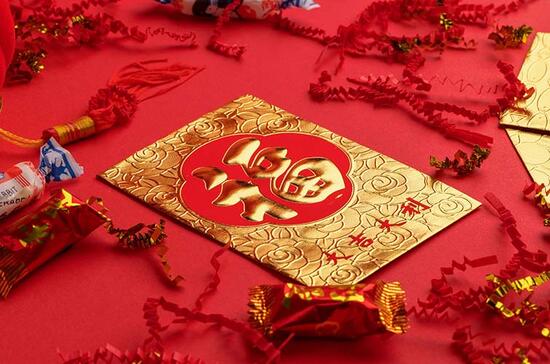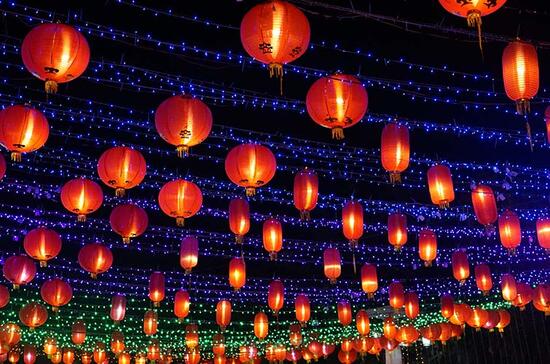
January 22 marks the beginning of the Year of the Rabbit. Lunar New Year, often referred to as Chinese New Year, is an annual holiday celebrating the second new moon after the winter solstice. It is one of the most significant and widely celebrated cultural festivals across Asia and beyond, and its observance continues to grow in recognition around the world. Lunar New Year is commonly celebrated in China, Korea, Vietnam, Japan, and Mongolia, although individuals in many other countries also take part in its traditions and festivities. At UC Riverside, the celebration of Lunar New Year provides a meaningful opportunity for students, faculty, and staff to recognize cultural diversity and share in traditions that have been practiced for centuries.
Chinese New Year is traditionally a time to honor deities and ancestors, as well as an occasion to gather with family and friends. It is a season of renewal and hope, reflecting on the year past while welcoming a year filled with prosperity, peace, and longevity. While customs and traditions vary depending on culture and regional practices, common activities include enjoying a large family meal on New Year’s Eve, giving red packets, lighting firecrackers and fireworks, decorating homes with red lanterns and couplets, and watching lion and dragon dances.
Red packets, known as “lai see” in Cantonese or “hóng bāo” in Mandarin, are one of the most recognized customs. The red color of the envelopes symbolizes good fortune, energy, and joy, while the money or sweets inside represent blessings for wealth and success in the coming year. For many families, this practice is a highlight for children, who look forward to receiving the envelopes as a token of love and encouragement.
Lunar New Year is also rich with history and storytelling traditions. Among the most well-known tales is that of the monster “Nian,” which would terrorize villagers at the start of each year. Villagers discovered that Nian feared loud noises, bright lights, and the color red. As a result, people began lighting firecrackers, hanging red decorations, and performing dances with drums and cymbals to drive the creature away. These customs eventually became an integral part of Lunar New Year festivities, symbolizing the triumph of light and unity over fear.
Food is also an important aspect of celebration. Dishes vary by region, but many are symbolic of wishes for the year ahead. In Chinese traditions, dumplings symbolize wealth, while fish represents abundance. Mooncakes, a pastry with intricate designs and sweet or savory fillings, are also enjoyed during festivals, serving as a reminder of family reunion and harmony. In Vietnam, Bánh Chưng, a square sticky rice cake, is a central dish, while in Korea, tteokguk, a rice cake soup, marks the holiday. These dishes not only nourish the body but also carry generations of cultural meaning.
The Chinese Zodiac adds another dimension to the celebration. There are twelve animals within the zodiac cycle: ox, tiger, snake, dog, horse, dragon, goat, pig, rabbit, rat, rooster, and monkey. Each year corresponds to one animal and is believed to influence the characteristics of the year and those born within it. The Year of the Rabbit, celebrated in 2023, is associated with longevity, peace, and prosperity. Within Chinese culture, the rabbit symbolizes elegance, kindness, and sensitivity, offering hope for a year filled with gentleness and success.
To wish others a happy Chinese New Year, one may say “Gong hei fat choy” in Cantonese, or “Gong xi fa cai” in Mandarin, which translate to wishes for happiness, health, and wealth. Sharing these greetings reflects the spirit of community and goodwill that lies at the heart of the holiday.
The UCR School of Business joins in celebrating this important cultural moment and wishes all Highlanders and their families good health, success, and fortune in the Year of the Rabbit. By recognizing traditions like Lunar New Year, the university embraces the cultural diversity that strengthens its community and highlights the values of respect, understanding, and unity.

